The MySpace Mafia on the Past, Present and Future of LA Tech
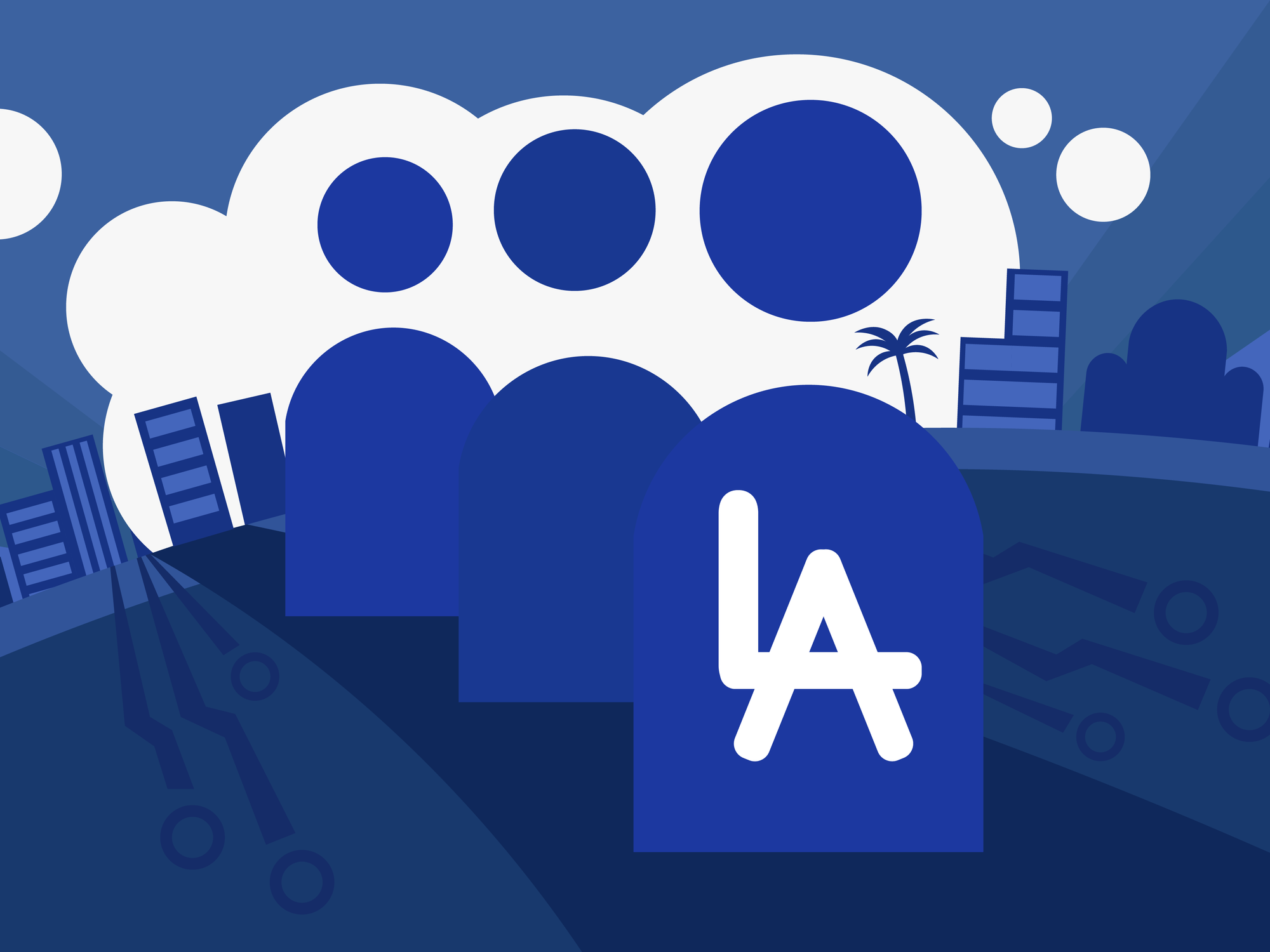
The year is 2004. Kelly Clarkson just released her hit single “Breakaway,” and you’re listening to it on your 3rd generation iPod Classic. You’re about to head out to catch an evening showing of the original “Anchorman” movie. But before you leave, you check your MySpace account to see how many people commented on your latest photo.The company, which officially launched in 2003, would lay the groundwork for some of the biggest social media sites of the next two decades.
“Users were coming back four to five times a day… we saw this incessant, addictive usage,” said Brett Brewer, co-founder and managing director of Crosscut Ventures. “MySpace was the first time we figured out that people, as it turns out, are pretty fascinated with themselves.”
At its peak in 2008, the site had more than 115 million unique users. But the rapid growth of the Santa Monica-based social media company also signified something more: It was an early marker of the tech hub that Los Angeles would become.And though the MySpace website is practically defunct nearly 20 years after its launch, the people who created one of the pillars of social media technology continue to have an active role in Los Angeles’s ever evolving tech scene.
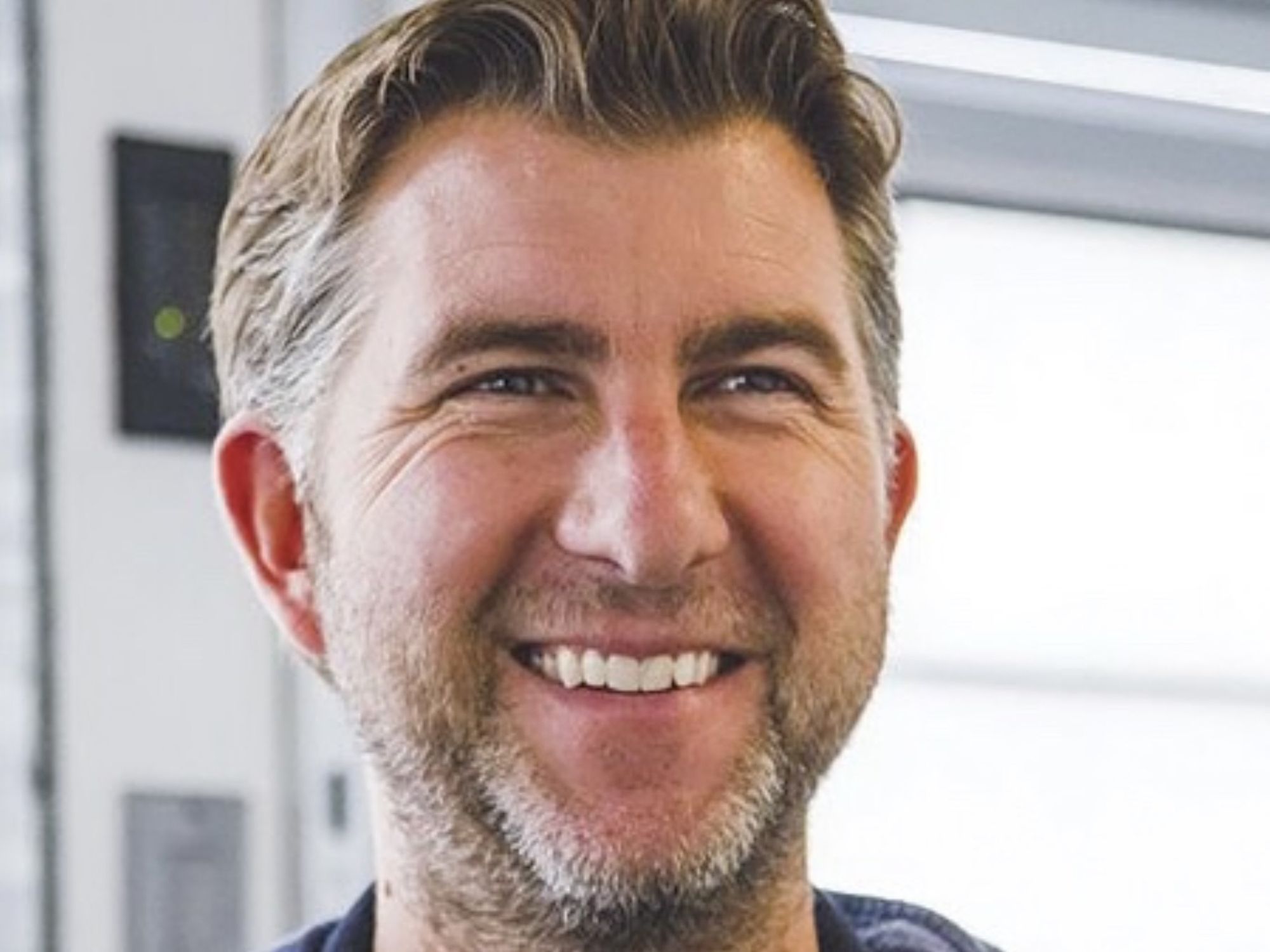
Lessons learned
MySpace wouldn’t have been what it was without the team that built it, said Josh Berman, its co-founder and former COO. Now, as a partner at VC firm Troy Capital, something Berman looks for in companies he invests in is not just a smart and dedicated team, but a multi-talented one.
“You want to have a person on the team that knows technology, you want a product person, you want a team that has the operations know-how, and strategy and marketing, etcetera,” he said.
Along with having a strong team, Josh Brooks, former VP of programming and music at MySpace said being able to rely on expertise from people with experience in your industry can be a game changer. That way, said Brooks, who’s now the EVP of marketing and operations at metaverse gaming studio Plai Labs, “you don't always start from scratch, because you actually have a genuine relationship with a pretty wide variety of people.”
Another important lesson: “infatuation with what the customers wanted,” Berman said. Every product update with MySpace was centered around what customers were asking for.
Like Berman, Chris DeWolfe, MySpace Co-founder and former CEO, said putting user experience first was one of the most important practices he learned.
Following his tenure at MySpace, DeWolfe stayed in the consumer side of tech, spending 12 years building mobile gaming giant Jam City and now leading Plai Labs. In every venture, user experience has remained DeWolfe’s north star. “If you build a great user experience, people will keep coming back and the money will always follow,” he said.
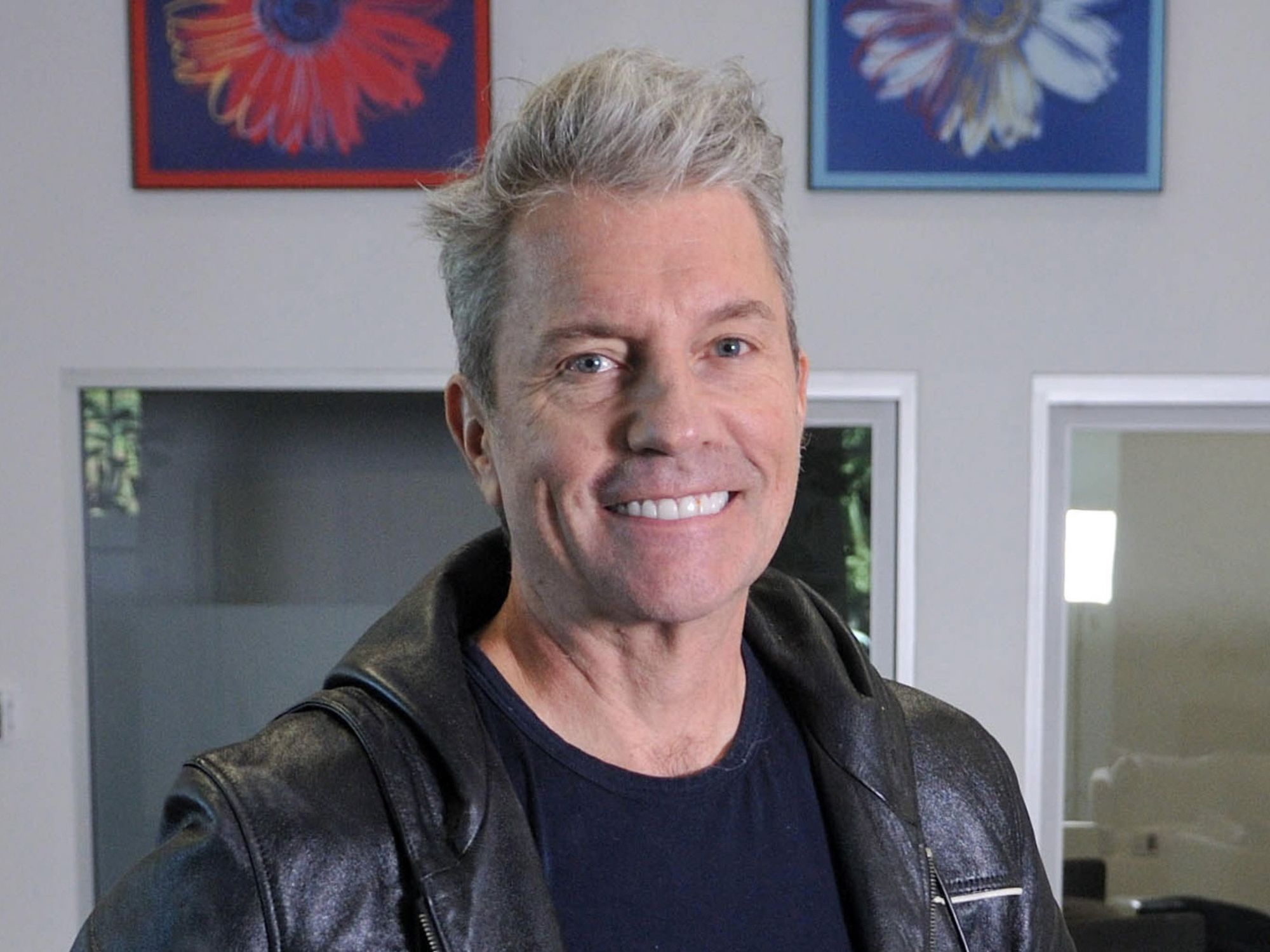
From his days as CEO of MySpace between 2009 and 2011, Mike Jones, who’s currently the CEO of venture firm Science, came to understand what makes a social media company really work. “My understanding of how content moves through social media and how you can work with consumers in the social media space became a big cornerstone for many of the companies that work within Science,” Jones said.
Meanwhile, as a seed stage investor, Brewer often finds himself recalling mistakes he made as a cofounder of MySpace parent company Intermix Media. “A bunch of those seemingly simple rules, like growing too fast or outsourcing technology development, I learned all those as an entrepreneur and tried to bring those to the equation as a venture investor,” he said.
What they’d change
Hindsight’s always 2020. And while there isn’t much that Berman would change, the founding team of DeWolfe, Aber Whitcomb, Tom Anderson and himself had “so much good energy” that one thing he’d have done differently is held onto MySpace a little longer. The founders sold the company to News Corp. for $580 million in 2005.
“We were young and we had a first opportunity to sell and have a nice exit, so we did,” said Berman. “If we would have just focused more on the customer, maybe kept it a little longer, it could have been an interesting, fun experience.”
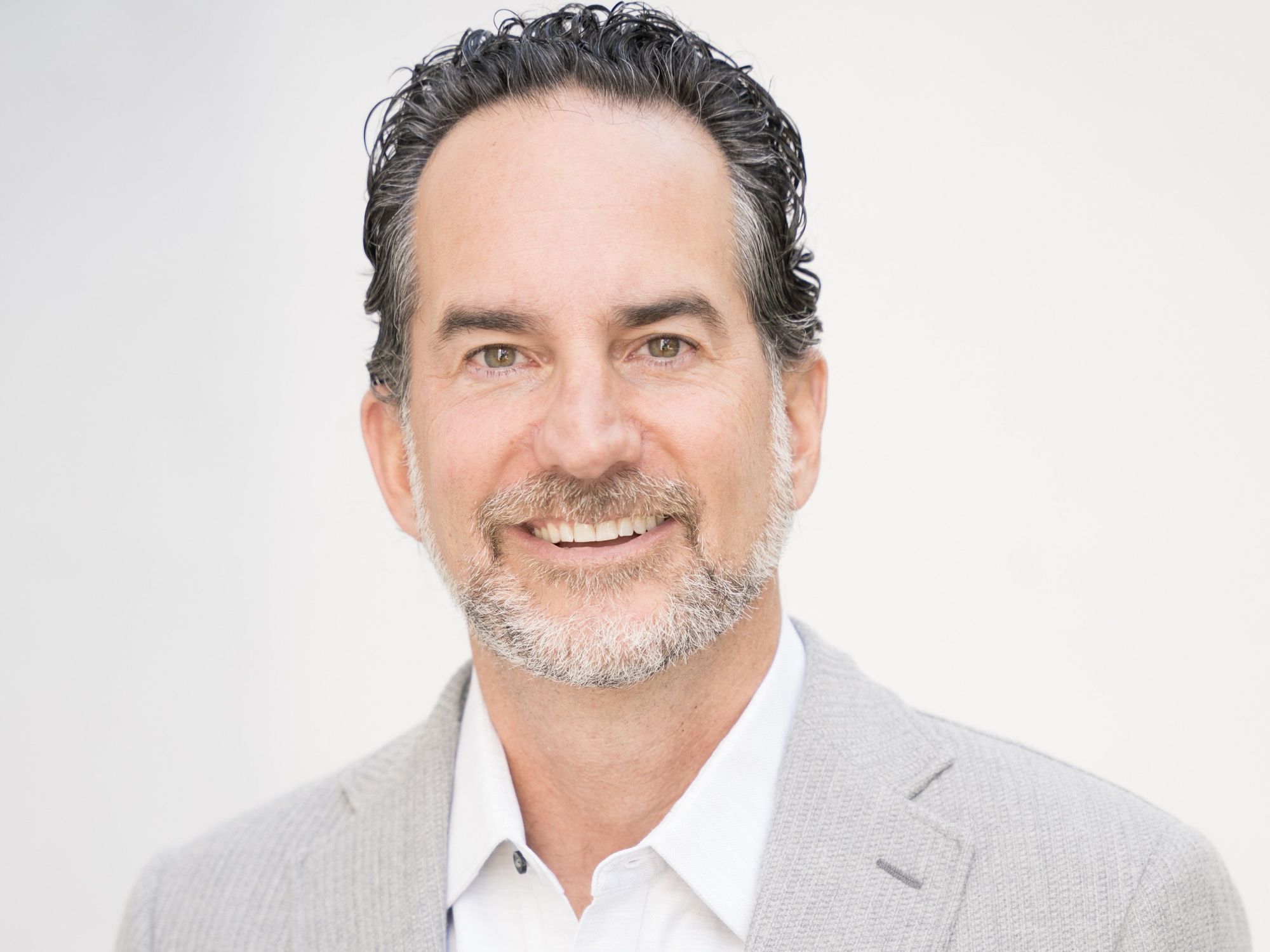
DeWolfe echoed Berman’s point: If they held onto the company a bit longer, the team might have walked away with a better paycheck. “If we had waited probably two more years to sell, we could have sold it for 10 times what we sold it for,” he added.
From a product perspective, DeWolfe wished the team remained focused on what they were building and kept an emphasis on user experience. Revenue targets set by News Corp., unfortunately, got in the way, he said.
“Our biggest competitors were losing $100 million a year and doing no revenue,” DeWolfe said. “But we were expected to do a billion. It forced us to overload some of our pages with advertising, which hurt the user experience.”
Echoing DeWolfe’s point, Brooks said he always felt that MySpace’s products went “an inch deep and a mile wide,” lacking focus on the communication and connection in an attempt to always offer something new.
“There was a time when there were classifieds, and there was chat, and a Skype integration, dating and games, and even karaoke,” Brooks said. “It almost felt like there's too much. And so the product got a little thin.”
Looking back, money management is one thing Brewer would have changed. “We were constantly nearly running out of money, nearly going bankrupt,” he said. Always having to worry about how we're going to keep the lights on. What ends up happening is so much time and energy and focus is on that, that you don't have as much as you should've building world class products.”
One other regret? Not trying harder to buy Facebook, said Brewer. “Facebook started after MySpace and was a tiny little company that we tried to buy, but in hindsight, I wish we would have tried harder, for obvious reasons.”
Down the line, Facebook proved to be an extremely difficult competitor for MySpace, said Jones. He would have liked if MySpace picked a lane, leaning harder into personal, friend-to-friend connections like other social platforms did rather than trying to have an iron in every fire.
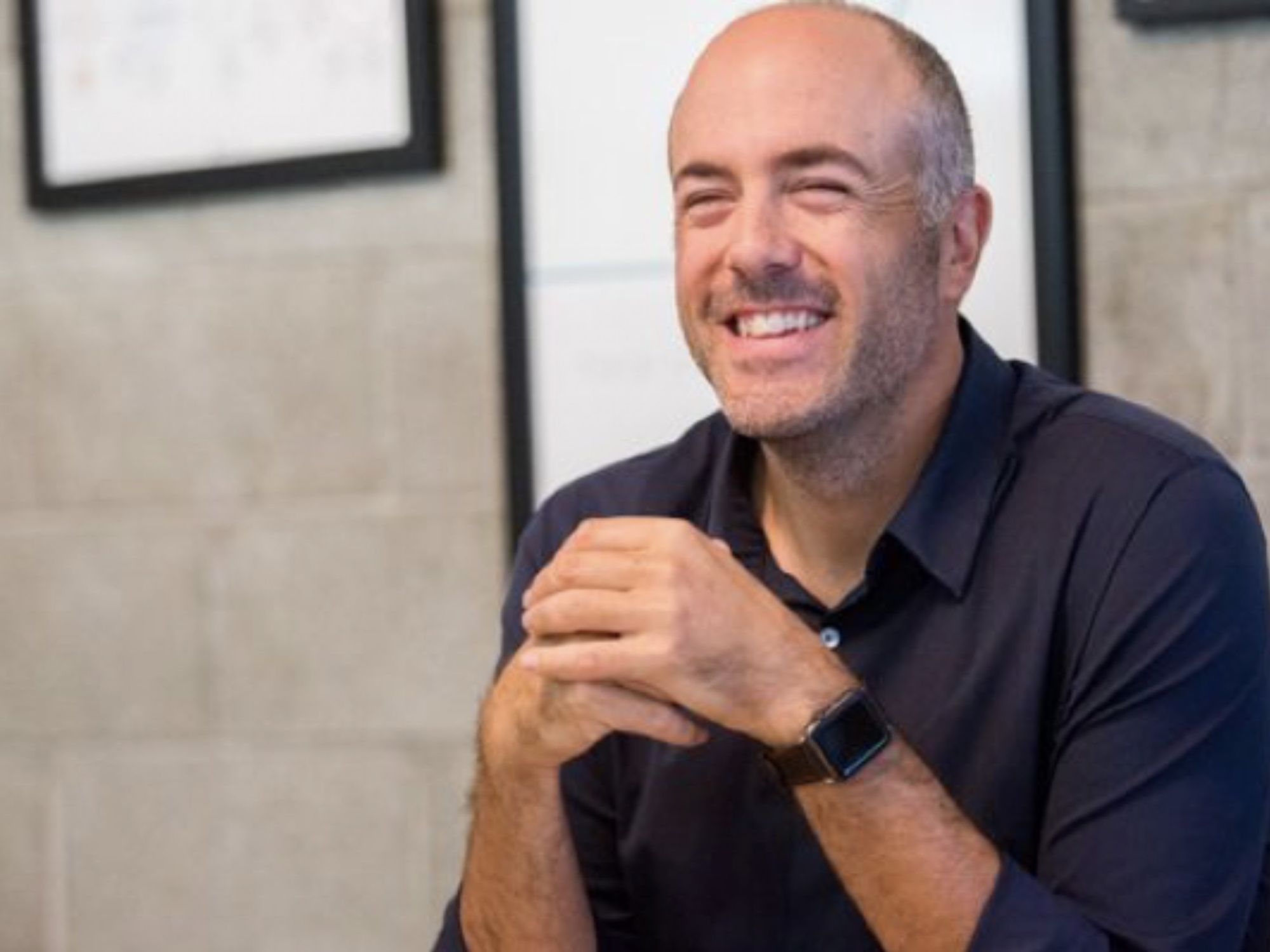
The growth and future of LA tech
Getting engineers to live in LA in the early 2000’s to work on MySpace wasn’t an easy task, Brewer said. “What was always holding LA back was that we could get companies to a certain size, but you couldn't actually get huge because you couldn't get a critical mass of talent,” said Brewer.
But what gave MySpace the ability to attract the talent it did was its place in the entertainment business, Brooks said. Because MySpace had worked so closely with musicians and artists, the company was able to create a “gravitational pull” of tech workers that were excited about the prospect of bringing creativity into their work, Brooks said. Adding that, “the entertainment aspect and what we were doing with the creative community was a big driver for the tech folks.
And despite its eventual fall, MySpace was proof that a tech company could successfully grow after planting its roots in Los Angeles. In between the launch of MySpace in the early 2000’s and early 2010’s, Silicon Valley-based companies like YouTube, Google and Netflix opened up their first offices in LA, Brewer said.
Startups then began popping up practically by the hundreds, with the number of local startups growing from around 1,000 in 2014 to nearly 4,000 in 2022. After MySpace, companies like Snap, Tinder and Hulu were some of the first startups of that era to flourish and draw the attention of investors.
“You no longer have the concern as a talented engineer of moving here to work for a startup, because if your startup doesn't work, there's 50 other startups that are ready to hire you,” Brewer said.
As companies started placing their roots here, VC dollars followed, said DeWolfe. Back in the day, the MySpace team had to make frequent trips up to Menlo Park to meet with VC firms, DeWolfe said, because “that's where all the money was.”
“Now we're seeing virtually every venture capital firm have a presence in Los Angeles,” he added. “It's gone from being a two VC town to really everyone having an outpost here.”
One very specific factor might continue to accelerate local innovation, Jones said: “the Olympics coming to LA in 2028 and the focus on technology for those Olympics … It's going to be a big win for the startup community in and around LA over the next five years.”
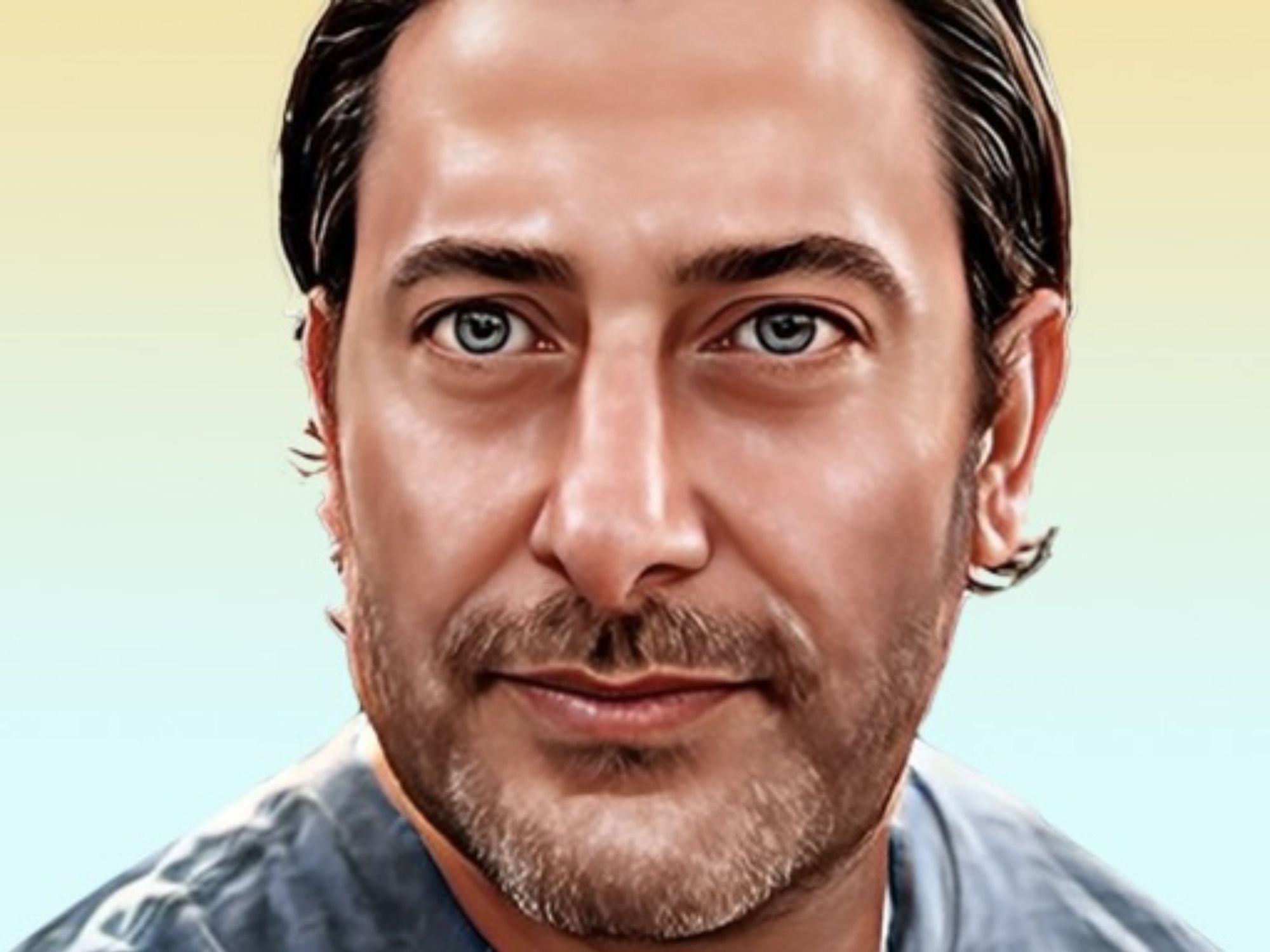
What makes LA different
It’s undeniable that LA’s tech scene is booming. But the thing that really makes LA unique is that it has something for everyone, DeWolfe said, with much more diversity of industry than places like Silicon Valley.
“People love LA because it's not just a tech town,” said DeWolfe. “It has tech, it has entertainment. It has an amazing art scene. It's got the beach, it's got the weather. It has everything more so than virtually any other city. These multifaceted traits of LA inspire a wider variety of ideas and creators that are all attracted to the city for different reasons.”
LA is also a city of opportunity, Brooks said. The entertainment hub, access to capital from a now-booming VC community, and landscape filled with companies from all stages of growth give founders the freedom to not be pigeonholed into one sector of tech. “I think there's only a handful of cities that fit that DNA,” he added.
Los Angeles, according to Jones, “has always driven culture and style, and for consumer-focused startups, the LA talent pool provides a lot of strong talent to build disruptive new products and services.”
And as cheesy as it sounds, LA’s tech community “operates like a large family,” Brewer said. In part, Brewer adds, because LA’s tech market was small and scrappy in the early days of MySpace, and founders, executives and investors “had to work together to survive.”
“This would be unheard of in other tech markets,” Brewer said. “This behavior remains today and makes our ecosystem special.”



 Image Source: Revel
Image Source: Revel
